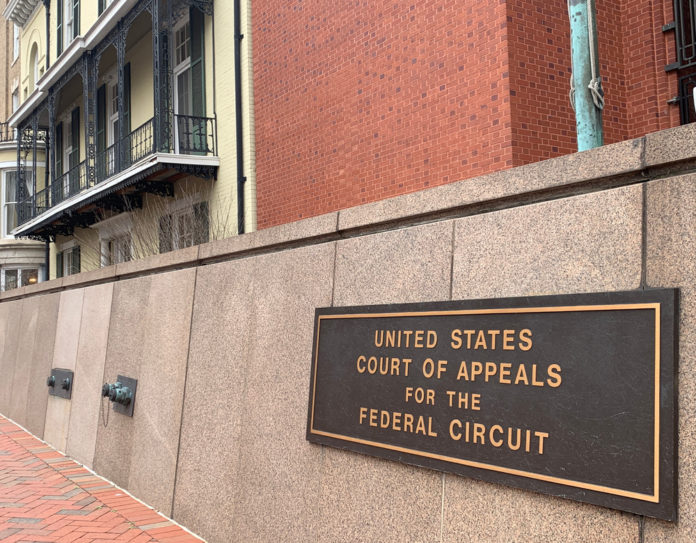The contractor assessed the viability of energy conservation measures at military installations and then received a task order to implement them. The contractor argued it should be paid for the sites it evaluated, not just the ones where it implemented conservation measures. But the Federal Circuit said the evaluation expenses were proposal development costs that weren’t covered by the task order.
Siemens Government Technologies, Inc. v. Secretary of the Navy, Fed. Cir., 2022-2240
- Contract – Siemens had a contract with the Navy to install energy savings measures at military installations. Under the contract, the Navy would identify installations. Siemens would investigate the sites to assess the feasibility of conservation measures. Based on the investigation, Siemens would submit a proposal, and the Navy would award a task order to implement the measures.
- Claim – In 2014, the Navy identified five installations for potential conservation measures. Siemens assessed the sites. Siemens determined that two of the sites, in Djibouti and Greece, were not viable. The Navy issued a task order for energy savings measures at the three other sites. Siemens submitted a claim for $5 million incurred evaluating Djibouti and Greece. The Navy denied the claim. Siemens appealed to the ASBCA. The board denied the appeal. Siemens appealed to the Federal Circuit.
- Single Project – Siemens contended it was entitled to costs for evaluating Djibouti and Greece because all five sites were part of a single conservation project. The Federal Circuit was not persuaded. Djibouti and Greece had been included with the sites identified in the request for a preliminary assessment. But other documents indicated the work at each site was a separate project. For instance, the Navy’s notice of intent to award referred to the five sites as five separate projects. Additionally, the underlying contract defined a task order as including the energy savings measure taken at a site, not the measures taken to evaluate the site. Moreover, the task order itself did not reference costs incurred in Djibouti and Greece.
- Covenant of Good Faith and Fair Dealing – Siemens argued that denying costs for Djibouti and Greece breached the task order’s covenant of good faith and fair dealing. But the court reasoned the covenant does not attach in the absence of an underlying contract. Here, Siemens had never entered a contract related to Djibouti and Greece.
- Superior Knowledge – Siemens also contended the Navy failed to disclose its superior knowledge of the viability of Djibouti and Greece causing the company to needlessly incur evaluation costs. But the court opined that a superior knowledge theory only applies to matters vital to performance. Here, the Navy’s actions could not have impacted performance, because the task order did not call for performance in Djibouti or Greece.
Siemens is represented by Michael Bhargava, Robert Nichols, and Samuel Van Kopp of Nichols Liu. The government is represented by Elizabeth Anne Speck, Brian M. Boynton, William James Grimaldi, and Patricia M. McCarthy of the Department of Justice and bu Robyn L. Hamady of the Navy.
–Case summary by Craig Lachance, Editor in Chief




